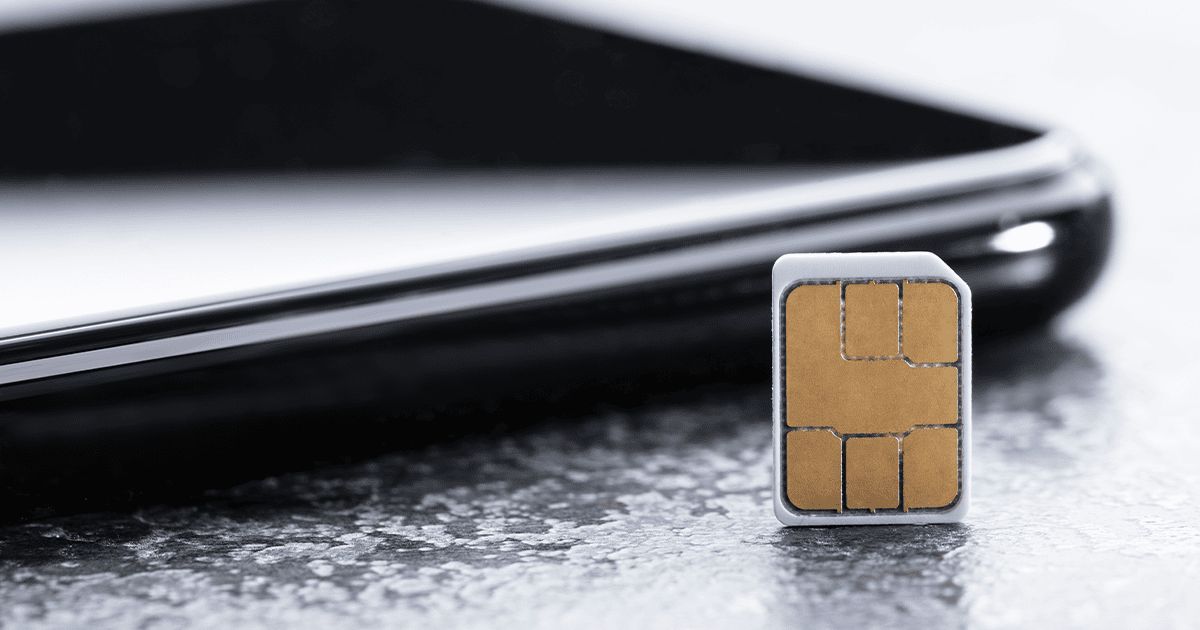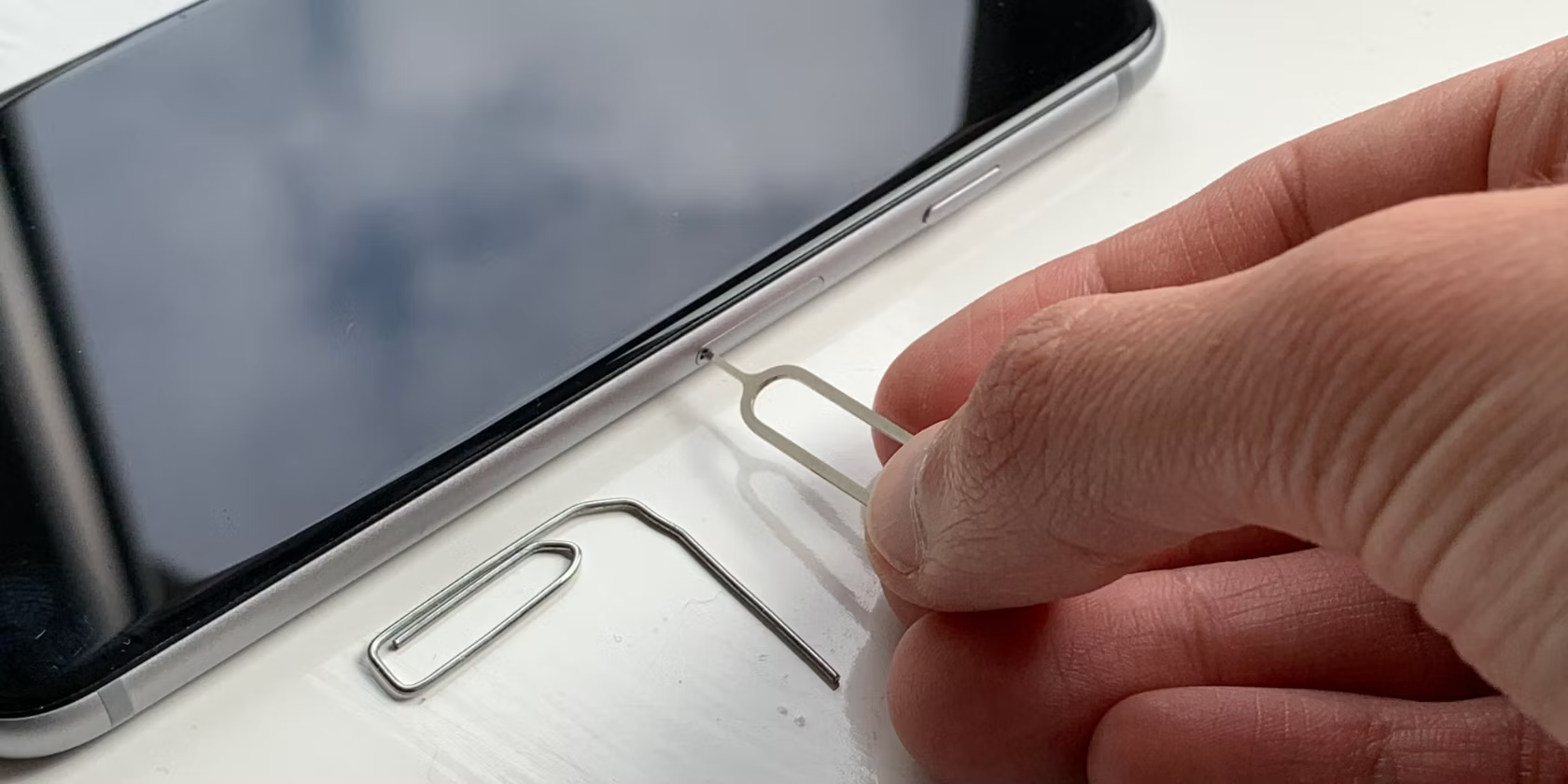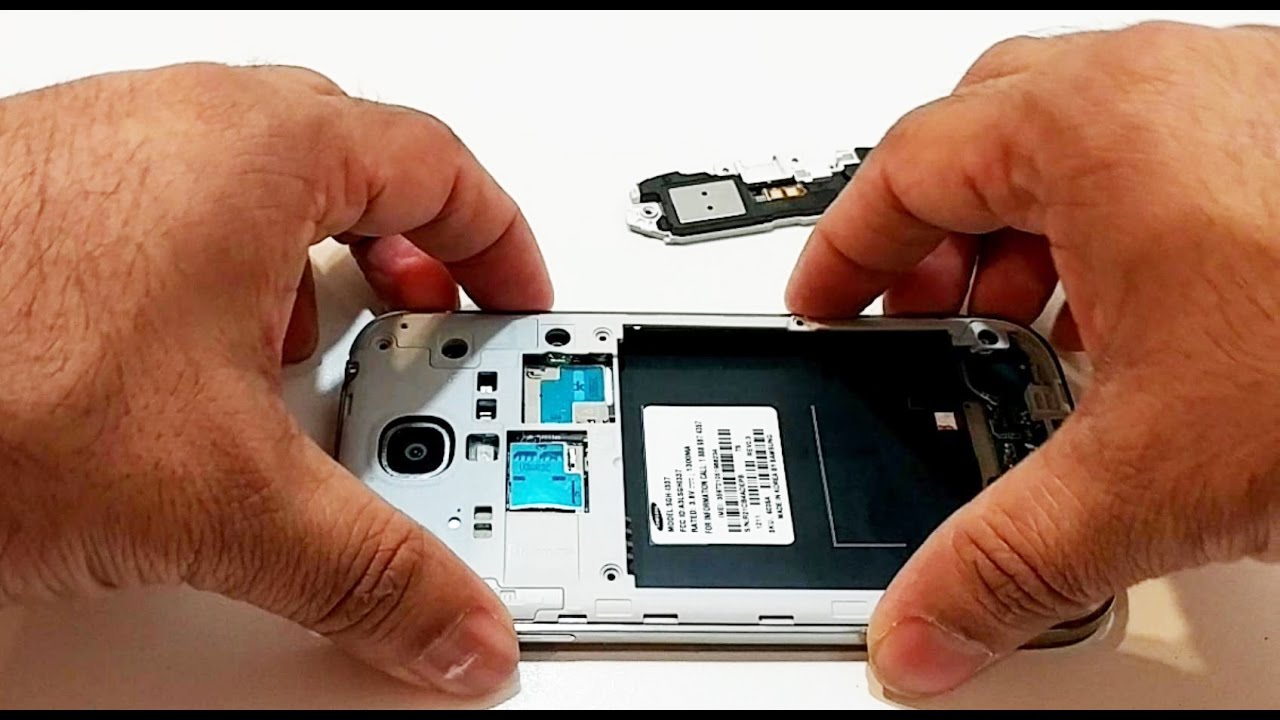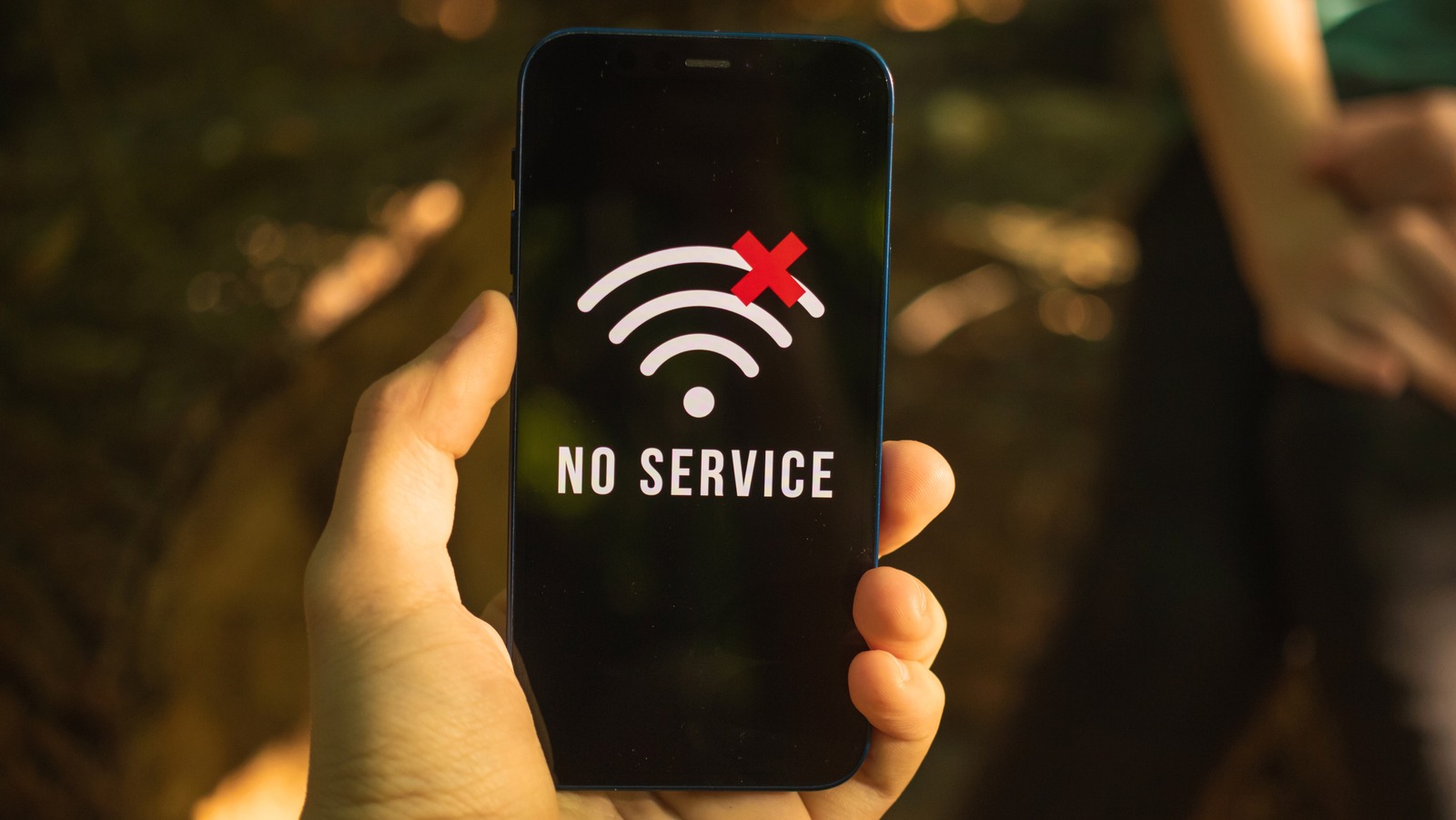Introduction
In the fast-paced world of mobile devices, encountering unexpected errors can be a frustrating experience. One such common issue that users may encounter is the "SIM Card Not Supported" error. This perplexing message can disrupt the seamless functionality of a mobile device and leave users feeling bewildered. However, with a clear understanding of the causes and effective solutions, this issue can be resolved swiftly, allowing users to regain full use of their devices.
The "SIM Card Not Supported" error can manifest in various ways, such as a pop-up message or a persistent notification on the screen. It often appears when attempting to use a SIM card from a different carrier than the one originally associated with the device. This error can be particularly perplexing for individuals who have recently switched carriers or are attempting to use a SIM card from a different region while traveling.
Understanding the underlying reasons for this error and learning how to resolve it is essential for mobile device users. By delving into the common causes of the "SIM Card Not Supported" error and exploring effective solutions, users can equip themselves with the knowledge needed to overcome this obstacle and restore their device's functionality.
In the following sections, we will delve into the intricacies of this error, unraveling its common causes and providing comprehensive guidance on how to effectively resolve it. By gaining a deeper understanding of this issue, users can navigate through the troubleshooting process with confidence and ultimately ensure a seamless mobile experience.
What is "SIM Card Not Supported" error?
The "SIM Card Not Supported" error is a perplexing message that mobile device users may encounter when attempting to use a SIM card from a different carrier than the one originally associated with the device. This issue typically arises when individuals insert a SIM card from a new carrier, especially after unlocking their device or when using a SIM card from a different region while traveling.
When this error occurs, users may be unable to make calls, send text messages, or access mobile data using the new SIM card. The device may display a notification indicating that the inserted SIM card is not supported, leaving users feeling frustrated and uncertain about how to proceed.
This error is often associated with carrier restrictions and device locking. Mobile devices are commonly locked to a specific carrier, meaning they are designed to work exclusively with SIM cards from that carrier. When users attempt to use a SIM card from a different carrier, the device may recognize it as unsupported, triggering the "SIM Card Not Supported" error.
It's important to note that this error can occur on various mobile devices, including smartphones and tablets, and is not limited to a specific operating system. Whether using an Android or iOS device, encountering the "SIM Card Not Supported" error can be equally perplexing and disruptive.
The "SIM Card Not Supported" error is particularly common for individuals who have recently switched carriers or obtained a new device that was previously locked to a specific carrier. Additionally, international travelers who attempt to use a local SIM card in a different region may also encounter this error, as their devices may not be compatible with the new carrier's network.
Understanding the nature of this error is crucial for users seeking to resolve it effectively. By comprehending the underlying reasons for the "SIM Card Not Supported" error, individuals can approach the troubleshooting process with clarity and confidence, ultimately restoring their device's functionality and regaining access to essential mobile services.
Common causes of "SIM Card Not Supported" error
The "SIM Card Not Supported" error can stem from various underlying causes, each contributing to the device's inability to recognize and accept the inserted SIM card. Understanding these common causes is pivotal in effectively addressing and resolving this perplexing issue. Here are the primary factors that can lead to the occurrence of the "SIM Card Not Supported" error:
-
Carrier Lock: One of the most prevalent causes of this error is carrier locking. Mobile devices are often locked to a specific carrier, restricting them from accepting SIM cards from other carriers. When users attempt to insert a SIM card from a different carrier into a locked device, it triggers the "SIM Card Not Supported" error. This restriction is typically imposed by carriers to ensure that devices are used exclusively with their network services.
-
Device Unlock Status: The unlock status of a device plays a crucial role in determining its compatibility with SIM cards from different carriers. If a device is not properly unlocked, it may reject SIM cards from other carriers, leading to the manifestation of the "SIM Card Not Supported" error. Users who have obtained a secondhand device or recently unlocked their device should ensure that the unlocking process was completed successfully to prevent this error.
-
Incompatible Network Bands: Another common cause of the "SIM Card Not Supported" error is the incompatibility of network bands between the device and the inserted SIM card. Different carriers utilize varying network bands to deliver their services. If the inserted SIM card operates on network bands that are not supported by the device, it can result in the device's inability to recognize the SIM card, triggering the error message.
-
IMEI Blacklisting: Devices that have been reported as lost or stolen may have their IMEI (International Mobile Equipment Identity) blacklisted by carriers, rendering them incompatible with SIM cards and prompting the "SIM Card Not Supported" error. This security measure is implemented to deter the illicit use of lost or stolen devices and safeguard the interests of legitimate device owners.
-
Software and Firmware Limitations: Certain software and firmware limitations within the device can contribute to the occurrence of the "SIM Card Not Supported" error. Outdated software, firmware glitches, or incompatible system updates may hinder the device from recognizing and accepting SIM cards from different carriers, leading to the display of this error message.
By comprehending these common causes, users can effectively diagnose the underlying issue and proceed with targeted solutions to resolve the "SIM Card Not Supported" error, restoring their device's functionality and enabling seamless use of different SIM cards.
How to fix "SIM Card Not Supported" error
Resolving the "SIM Card Not Supported" error requires a systematic approach that addresses the specific causes contributing to this issue. By following the outlined steps and implementing the recommended solutions, users can effectively rectify this error and restore their device's functionality. Here are the essential methods to fix the "SIM Card Not Supported" error:
1. Contact the Original Carrier
If the device is carrier-locked, contacting the original carrier to request an unlock code is the initial step. Once the device is unlocked, it can accept SIM cards from different carriers, eliminating the "SIM Card Not Supported" error.
2. Ensure Proper Device Unlocking
For users who have unlocked their devices independently or through third-party services, ensuring that the unlocking process was completed successfully is crucial. Verifying the unlock status and reattempting the unlocking process, if necessary, can resolve potential issues causing the error.
3. Check Network Band Compatibility
Verifying the compatibility of network bands between the device and the inserted SIM card is essential. Users can consult with the new carrier to ensure that the SIM card operates on supported network bands, thereby addressing any incompatibility issues triggering the error.
4. Verify IMEI Status
Checking the device's IMEI status is vital, especially for secondhand devices, to ensure that it has not been blacklisted by carriers. If the device is flagged as lost or stolen, resolving the IMEI blacklisting with the original carrier is necessary to eliminate the "SIM Card Not Supported" error.
5. Update Software and Firmware
Ensuring that the device's software and firmware are up to date is crucial. Installing the latest system updates and addressing any software glitches can rectify compatibility issues, thereby allowing the device to recognize and accept SIM cards from different carriers without triggering the error.
6. Seek Professional Assistance
In complex cases where the error persists despite following the aforementioned steps, seeking professional assistance from authorized service centers or mobile device technicians is recommended. These experts can diagnose and address underlying hardware or software issues contributing to the error, ensuring a comprehensive resolution.
By systematically addressing the specific causes of the "SIM Card Not Supported" error and implementing the corresponding solutions, users can effectively resolve this issue and regain the ability to use SIM cards from different carriers without encountering the error message. This comprehensive approach empowers users to navigate through the troubleshooting process with clarity and confidence, ultimately ensuring a seamless and unhindered mobile experience.
Conclusion
In conclusion, the "SIM Card Not Supported" error, while perplexing and disruptive, can be effectively addressed through a systematic approach that targets the specific causes contributing to this issue. By gaining a comprehensive understanding of the common causes and implementing the recommended solutions, users can navigate through the troubleshooting process with clarity and confidence, ultimately restoring their device's functionality and regaining access to essential mobile services.
The multifaceted nature of this error, stemming from factors such as carrier locking, device unlock status, network band compatibility, IMEI blacklisting, and software limitations, underscores the importance of a tailored approach to resolution. By addressing each of these factors methodically, users can effectively eliminate the "SIM Card Not Supported" error and ensure seamless compatibility with SIM cards from different carriers.
Furthermore, the significance of proactive measures, such as contacting the original carrier for unlocking assistance, verifying network band compatibility, and ensuring up-to-date software and firmware, cannot be overstated. These proactive steps not only resolve the immediate error but also equip users with the knowledge and tools to navigate similar challenges in the future, fostering a more empowered and informed mobile experience.
It is essential to recognize that in complex cases where the error persists despite diligent efforts, seeking professional assistance from authorized service centers or mobile device technicians is a prudent course of action. These experts possess the expertise to diagnose and address underlying hardware or software issues, ensuring a comprehensive resolution and the restoration of seamless device functionality.
By embracing a proactive and systematic approach to resolving the "SIM Card Not Supported" error, users can overcome this obstacle and unlock the full potential of their mobile devices. This comprehensive understanding and effective troubleshooting empower users to navigate through the intricacies of mobile device compatibility with confidence, ultimately ensuring a seamless and unhindered mobile experience.
In essence, the "SIM Card Not Supported" error, while initially perplexing, can be effectively overcome through a combination of proactive measures, targeted solutions, and, when necessary, professional assistance. By equipping themselves with the knowledge and resources to address this error, users can ensure that their mobile devices seamlessly adapt to different carriers, unlocking a world of possibilities and ensuring uninterrupted access to essential mobile services.

























